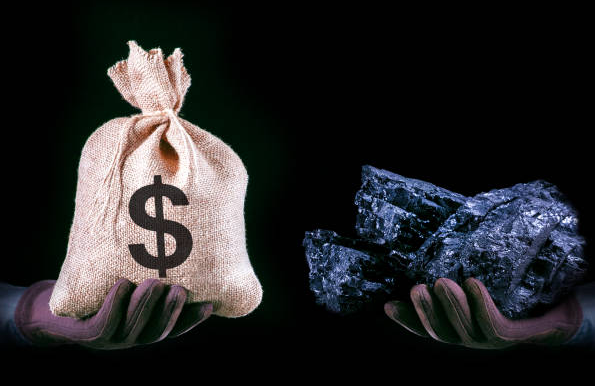
Carbon credits enable businesses to offset their greenhouse gas emissions. A new blueprint now offers a path to developing universally equivalent criteria for how much carbon they save. It establishes the groundwork for transparent carbon credit trading. The initiative will provide funding to underdeveloped countries home to numerous projects.
Companies can fulfill their climate targets by acquiring credits for current emissions or through carbon credit trading. Still, others, such as Microsoft, have committed to going further and utilizing credits to compensate for all previous emissions – in Microsoft’s case, stretching back 45 years.
Other organizations have reduced most of their emissions and employed credits to offset those they cannot prevent. Credits are typically exchanged in increments of one tonne of CO2, and it is projected that 2 billion tonnes of CO2 credits will be required to meet the 2030 objective.
Carbon credit trading is a market-based mechanism that creates a financial incentive to reduce greenhouse gas emissions that contribute to global warming, particularly carbon dioxide.
What role does carbon credit trading play in this picture?
Despite being referred to as “a market,” there are many markets for carbon trading. Carbon credits purchased and sold in one market may not be valid in another.
These required programs force enterprises whose emissions surpass a certain threshold or who operate in specified industry sectors such as fossil-fuel-fired power plants to earn an allowance, or credit, for each tonne of carbon dioxide equivalent that they release annually.
Participants can either receive an initial allocation of carbon credits for free or participate in an auction to purchase them. Businesses that cut their emissions, later on, can sell their extra carbon credits to other parties whose emissions have increased, commoditizing carbon and creating a market.
Regulated carbon markets typically trade only in their own carbon allowances. In contrast, in some schemes, using carbon offsets in substituting a portion of the credits is authorized if tight regulatory standards are followed.
What Role Does Voluntary Carbon Offsetting Play?
The other sort of carbon market is based on the voluntary purchase of carbon offsets, which can be purchased by any business, organization, or individual to offset their own greenhouse gas emissions.
Buyers in the voluntary carbon market are frequently companies that have previously adopted carbon reduction programs to reduce emissions from their business activities to the greatest extent possible. They choose to acquire carbon offsets from a scheme that has reduced or avoided emissions elsewhere to reach ‘zero emissions,’ carbon neutrality, or other corporate social responsibility (CSR) criteria.
Project developers who design and implement real-world carbon reduction initiatives in compliance with one of the voluntary standard organizations’ requirements are the voluntary carbon market sellers. Each tonne of saved CO2 emissions can be sold as a carbon offset, compensating for one tonne of CO2 emitted elsewhere.
Due to the global and fragmented nature of the voluntary market, many project developers sell offsets through a retailer or broker responsible for promoting the offsets and finding buyers.
What Are the Advantages of Purchasing Offsets on the Voluntary Market?
Compliance efforts alone provide minimal sustainability or CSR benefit as a compulsory member in an emissions trading scheme.
Anyone can purchase voluntary carbon offsets, including businesses, non-profits, other organizations, and individuals, even if they currently operate in a mandatory regulated market.
Organizations that invest in voluntary offsets can demonstrate their commitment to combating global climate change and reducing their environmental effect and are frequently seen favorably by environmentally conscious consumers.
By visiting financial institution websites, you can learn more about carbon credit trading and the soon-to-be-launched climate impact X. Climate Impact X, or CIX is a global carbon exchange and global marketplace aiming to give corporations high-quality carbon credits and practical climate change solutions.







